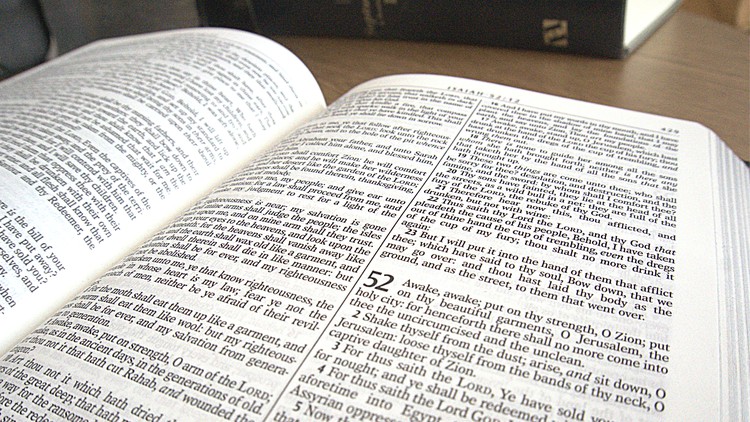
Foundational Principles for Competent & Effective Bible Reading
What you will learn
Learn 9 key principles for Bible reading.
Know how you can grow more confident in your interpretation of the Bible.
Recognize good Bible reading practices as well as bad ones.
Know what God’s Word is and where it can be found.
Description
Before I developed this course into an online course, I taught it as a private lesson to several people and this is what some of my previous students have said:
- “This course has taught me so much that I wasn’t aware of previously in my Christian walk, things we don’t necessarily learn from church, things you might only learn as a scholar of the bible. From all that I have learned, I now have a much clearer understanding when reading my bible, and I believe this has even improved the quality of my relationship with God, and even more than that, the quality of my prayers.” – Lozizwe M.
- “I must say, I am enjoying reading the bible much more than I did before. The knowledge that I am gaining from these courses is helping me to understand the Scriptures much better and it is triggering within me the desire to know more about the Lord. GLORY TO GOD!” – Pulane N.
- “For me this has been the most exciting thing to happen: being able to see what I have been learning in the IW lessons improve my understanding of the word when I am with other people. This has even caused me to want to read my bible more than I have been.” – Ntsepase M.
____________
It is a common experience for Christians reading the Bible to be unsure and uncertain as to whether they have understood its message correctly.
We think I’ll just ask my pastor or Leave it to the professionals to figure out its meaning—whatever they say is what I’ll believe.
But the professionals don’t have some secret gift that is out of reach for you.
With the right training and the right resources, you can learn to read the Bible just like the professionals.
Here’s how.
First of all, Bible reading is hard work. And I’m not talking about the motivation to read it—if you’re looking at this course, I assume you already have a desire to read your Bible.
Bible reading is not the kind of thing you do passively. It takes a lot of effort, thoughtfulness, asking the right questions, being willing to seek those answers, and having the right resources to find those answers.
Bible reading is a SCIENCE and an ART. You need to have a foundation of the right principles (science), and with increased practice you will hone your craft, learn how to ask the right questions, and become a better Bible interpreter (art).
This course is intended to give you a good foundation of the science aspect of Bible reading, so that you can go on to develop the art side of it.
If you actively engage with this course, do the (very few) exercises that I have assigned, and put into practice the principles you will discover in this course, you will have a great foundation that will allow you to become a competent, independent Bible reader.
Remember, being an independent Bible reader doesn’t mean that you never consult others. It just means that you will be able to competently evaluate all of the information you receive and make an informed judgment call as to what a given Bible text means.
So if you want to become an active and thoughtful Bible reader, this course is a great place to begin.
Content